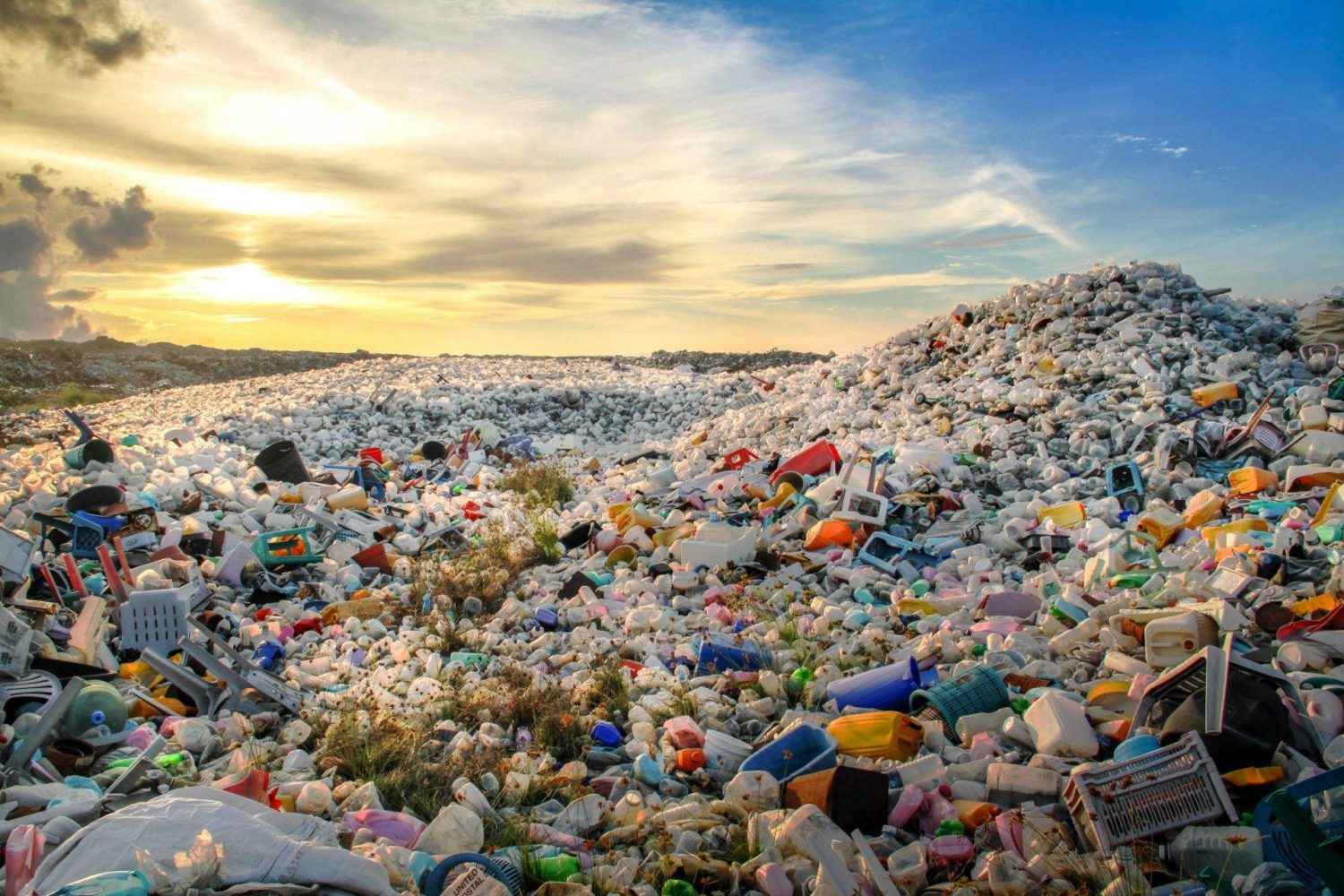Plastic Pollution In Africa Has Found A Solution

According to the World Bank Urban Development Series report,Africa produces close to 70 million tons of waste which is expected to increase with population growth. A good portion of these waste is plastic bottles, bags, wrappings and straws.
The ongoing global movement for eliminating plastics has slowly gained momentum in Africa. Several countries are now making moves to beat plastic pollution and particularly addressing the current scourge of plastic waste on urban and rural landscapes. African countries including Cameroon, Mauritania, Tunisia, Kenya, Uganda Rwanda, Tanzania, Morocco, South Africa have enacted the ban, use, manufacture and importation of single-use plastic bags. In addition, some have also introduced the plastic bag levy.
Coca-cola has joined the movement after they disbursed USD 38 Mn fund to tackle plastic pollution in Southern, East and Central Africa over three years. The funds unveiled by the soft drinks manufacturer is in a bid to manage and reduce waste under an initiative to achieve a ‘World Without Waste’.
The funds will also support creating awareness on plastic waste pollution and accelerate the collection and recycling of PET plastic bottles in Southern, East and Central Africa.
“We have shifted our business priorities to ensure value is added to our plastic bottles so that they don’t end up as waste. We’re investing in innovative design, collection and recycling models and partnership, to turn our bottles into valuable resources that can drive a green economy,” said Bruno Pietracci, president of Coca-Cola Southern and East Africa.
“That is why today we are launching our three-year campaign to accelerate our world without waste vision. Together with our bottling partners, we are investing over USD 38 Mn to stimulate plastic recycling industries across Southern & East Africa and to educate people about what, how, and where to recycle.”
“So we gathered together and set ambitious goals around a central idea: to make the world’s packaging waste problem a thing of the past. We knew we needed to be ambitious because that is how we have successfully overcome other challenges.”
The campaign aims to collect and recycle equivalent of 100 per cent of the packaging it sells by 2030. “We are creating value from our bottles in a bid to drive and sustain a green economy,” Rady said.
In South Africa, PET plastic recycling is primarily driven through the PET Recycling Company (PETCO), which was founded in 2004 with Coca-Cola Company and other industry players. So far it has recorded success with 67 percent of all PET bottles collected and recycled in SA. This has created over 65,000 new income opportunities in the recycling sector.
Last year, Coca-Cola launched the PETCO model in Kenya. The company reveals it has seen positive results: 1,800 tonnes of PET bottles were collected and recycled in 2018, compared to 867 tonnes in 2017. They have a new target to accelerate this to 20,000 tonnes in 2019. They now aim to launch the PETCO model in Ethiopia and Uganda as well.
In a move to tackle the same, the latter earlier announced an ambitious goal to help collect and recycle the equivalent of every bottle or can it sells globally by 2030. The Coca-Cola system is since embracing a World Without Waste, rethinking how bottles and cans can be designed and made, and how they’re recycled and re-purposed.
Featured Image Courtesy: datatopics.worldbank.org